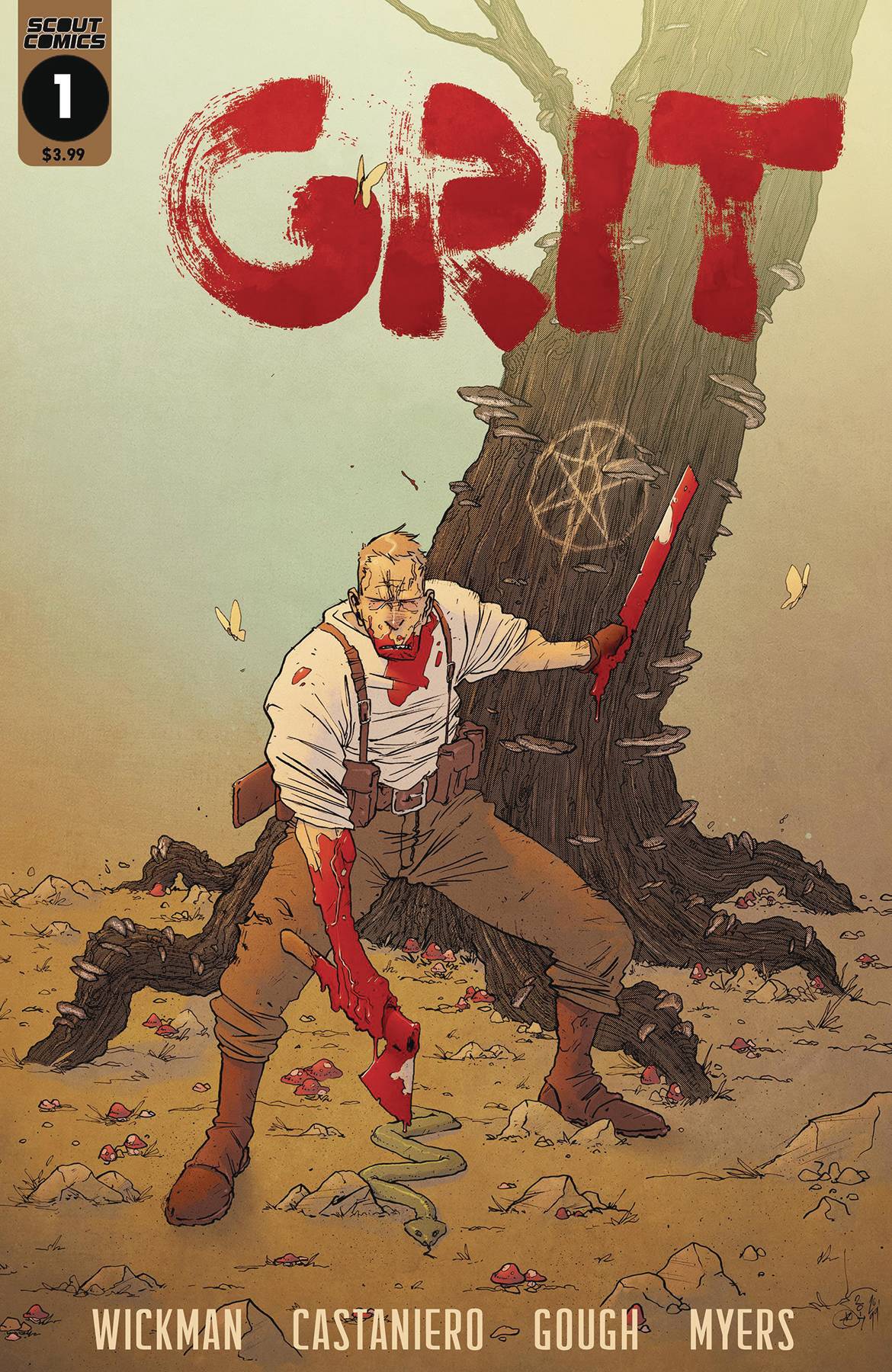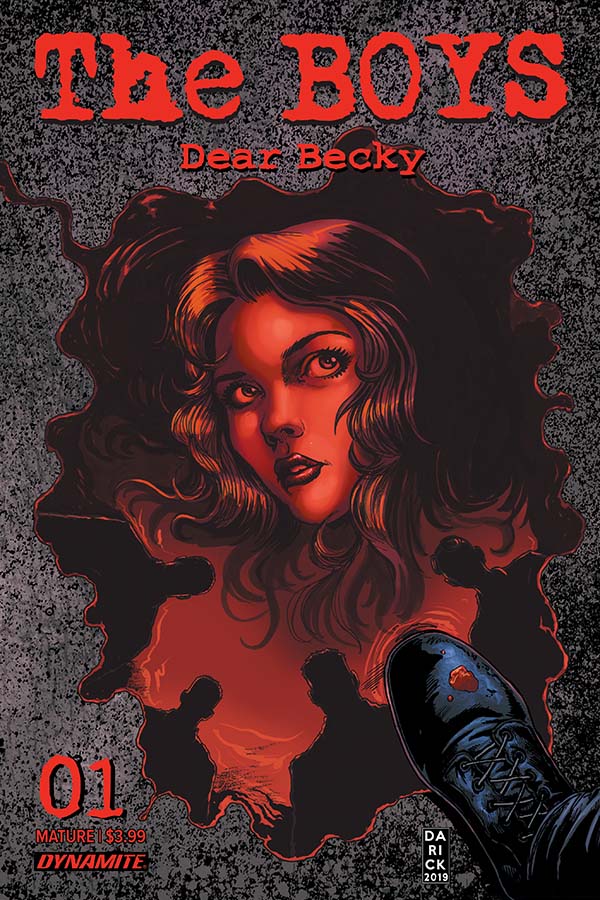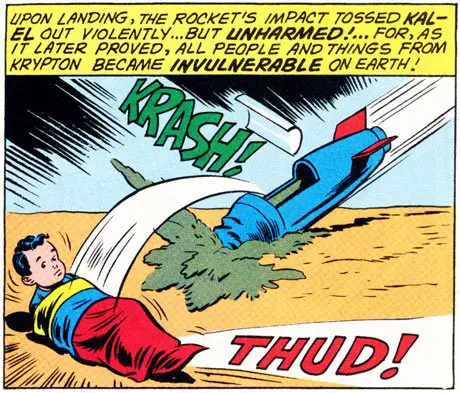Among many other things, I write comics reviews. A LOT of comics reviews.
When the weekly list of preview issues comes out for the following Wednesday (and now also Tuesdays. Thanks, DC!), I will default to looking for #1 issues, either of a brand new title or a new volume on an existing title.
Why?
I want to see the story unfold right from the very beginning. Some reviewers don’t mind jumping into the middle of a storyline, and I do it when the circumstances call for it, but getting in on the ground floor is my bread and butter. The writers, artists, and editors took the time to craft a complete story, so I want to give them their fair due.
Sadly and increasingly, there’s something missing from #1’s that I believe leads to the dropoff in sales when the second issue comes around. I don’t know if there’s a term for it that’s specific to the Comics Industry, but in screenwriting terms, that thing is called the Inciting Incident.
What is the Inciting Incident?
Put simply, the inciting incident is the start of the action. It’s the part of the story that’s past the introductions, initial character development and basic world building. Some people call it the hook for reasons I’ll get to in a bit.
The inciting incident can happen anywhere in the first issue, but it needs to be clear and obvious to the reader. Here’s a very basic and very clear example of an inciting incident:
Imagine an older couple driving down a country road on their way home from a Sunday church service. They’re chit chatting and enjoying the country air as the putter along just below the speed limit. Suddenly, a white hot object appears in the sky and crashes down in a nearby corn field. They stop to investigate and find a wrecked, alien space pod containing a human-looking baby boy wrapped in strange fabrics colored blue, red and yellow.
Get the picture? You have your setup with an elderly couple, and within the pages of a comic, that setup can span several pages. Then BLAMMO! Something happens that breaks the normalcy of the story. A clearly defined incident that kicks off the heart of the story.
Why does a #1 need an Inciting incident?
I mentioned earlier some people call it the hook, and that’s because the inciting incident is what hooks the reader into wanting to read issue #2. A capable writer can make the inciting incident into a last page cliffhanger that hits you full in the face, but again, it can happen anywhere in the first issue. It works as long as it grabs the reader and hooks them into wanting to know what happens next.
Without an inciting incident, the #1 issue is effectively pointless. At best, it’s a nice prologue to the story that really gets going in issue #2, but that’s a lot to ask with current pricing on books from the Big 2. As a reviewer and a reader, I want to get the most bang for my buck. Plunking down $3.99 or $4.99 or more for a first issue that’s so decompressed, it doesn’t give me a reason to read the second issue, is a waste of my time and money.
Getting it right and getting it wrong
With apologies to the creators, I’m going to name a couple examples to illustrate getting right and getting it wrong. First a good one:

In Grit #1 by Brian Wickman introduces us to a world of Southern backwoods vermin catchers and magical woodland monsters. The main character, Old Man Barrow, goes out on a routine call to catch some trolls, but instead he encounters a cult raising a powerful blood demon.
See how easy that was? An established world is suddenly rocked by an encounter that breaks the routine, and off we go. PS- Grit is a great series. I highly recommend you pick it up.
Now, a book that (oof!) misses the mark…

In The Boys: Dear Becky #1, Garth Ennis brings us back to the world of The Boys for a new tale. Hughie is sitting in a pub and speaking with a friend about all kinds of random current events. There are a few flashback scenes involving Butcher’s crew, but they play no relevance to the issue. Toward the end of the issue, Hughie goes home and finds he’s received a diary in the mail, the contents of which upset him greatly.
“But, wait!,” you say. “Hughie received a surprise package that breaks his normalcy,” you say. “Isn’t that an inciting incident?” you ask. In the most technically literal sense it is, but what it fails to do is start the story in a clear way. A character simply being upset (especially in this case without a clear reason why) is not enough to hook the reader. The pieces of the story never get moving. You simply see somebody having a negative reaction to an event. In effect, this #1 is a LOT of fluff, some setup and 0% hook.
Is there an exception?
No. Truly, no. Every story, big or small, needs some kind of inciting incident to get the ball rolling and bring the reader along for the ride.
You can’t start a race without somebody first shouting “GO!”
You can’t start your car without put the key in the ignition and giving it a turn.
And you can’t start a story without an inciting incident that the reader can clearly say “Yes, that’s when things start to happen.”
Let’s recap
You my fine, intrepid reader, want a great story. The trick here is the story doesn’t necessarily start on page one. It starts with the inciting incident.
If you pick up an issue #1, and it doesn’t have a clear, impactful moment where you can definitively tell things start to happen, the storytellers have missed their mark. Save your pennies, and don’t bother with issue #2.
What do you think of my opinion? Am I on to something or am I just another fanboy that doesn’t want to accept new ideas. Leave a comment downstairs with your thoughts on this topic, and please share this post on social media using the links below.
Thanks for visiting Comical Opinions, and you have a GREAT day!
We hope you found this review interesting. Come back for more reviews, previews, and opinions on comics, and don’t forget to follow us on social media:
If you’re interested in this creator’s works, remember to let your Local Comic Shop know to set it aside for you. They would appreciate the call, and so would we.
Click here to find your Local Comic Shop: www.ComicShopLocator.com

